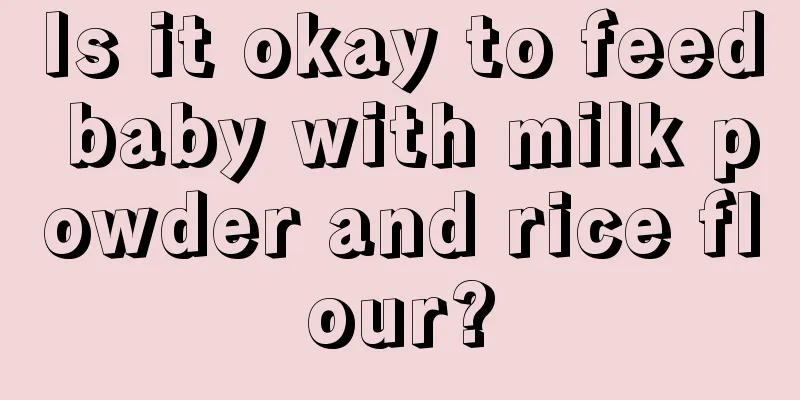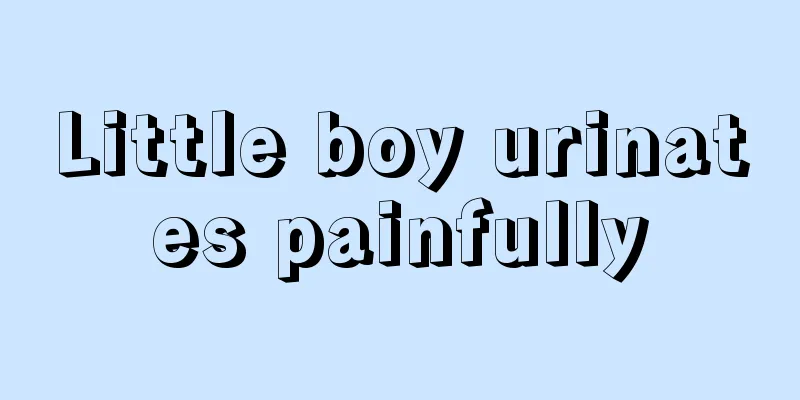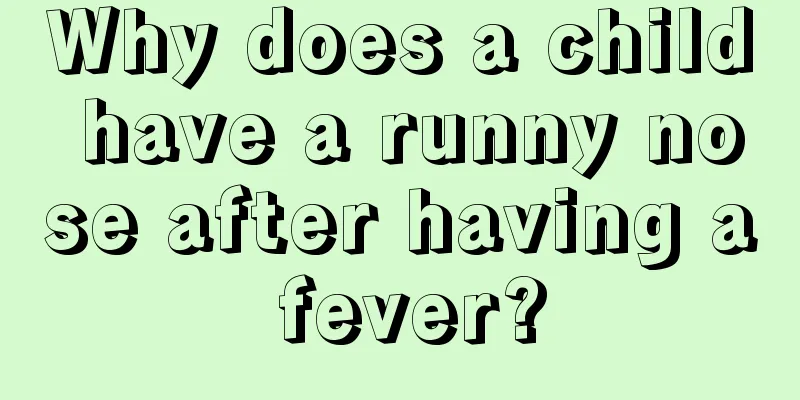Is it okay to feed baby with milk powder and rice flour?

|
Some mothers cannot continue to breastfeed their babies due to work reasons. When the baby is five or six months old, mothers will add complementary foods to the baby's diet. Mothers are very cautious when choosing complementary foods for their babies, because they are afraid that complementary foods cannot provide sufficient nutrition for their babies. They will also add milk powder to rice flour. So is it okay to feed milk powder and rice flour together to babies? Parents, let's find out together~ 1. Can rice flour be mixed with milk powder? But mothers, please note that ordinary rice flour is not suitable for mixing with milk powder! Some mothers will mix rice flour and milk powder together, which not only saves the trouble of preparing rice flour, but also saves the process of feeding the baby with rice flour, which really saves time and effort! But the fact is that unless it is specifically specified that the rice flour can be added to milk, ordinary rice flour is not suitable for mixing with milk powder. Milk powder is a powdered instant food made from cow's milk or goat's milk, while rice flour is a powdered instant food made from rice. Rice noodles are a kind of complementary food. As the name suggests, they are supplementary foods other than staple foods. Their nutritional content is much lower than that of infant formula. Mixing rice noodles with milk powder is equivalent to treating rice noodles as a staple food. Isn't this "taking the place of the main ingredient"? Furthermore, infant formula has its own special recipe, and the ratio of water and milk powder added is scientifically calculated. If other foods are added during the preparation process, it may cause changes in certain nutritional proportions, thereby affecting the baby's absorption of nutrients. Don’t eat too much rice noodles, as it will easily make your baby full and he or she will naturally be unwilling to eat milk powder. In order for the baby to better absorb the nutrients in the milk powder, it is best to feed the baby rice cereal half an hour after drinking the milk powder. In addition, the concentration of milk powder after mixing is different from that of rice flour. Milk powder is relatively thinner, while rice flour is thicker. If rice flour and milk powder are mixed together, the milk may become viscous. After the baby drinks it, he may suffer from indigestion, which will affect the baby's gastrointestinal health. Mothers should all know that the water temperature for making milk powder is generally required to be around 40℃, while that for rice flour is 60℃~70℃. This is because rice flour is more difficult to dissolve than milk powder. The most important requirement of milk powder for water temperature, in addition to the dissolution requirement, is the protection of nutrients. Too high water temperature will destroy the nutrients in the milk powder. When mixing rice flour and milk powder together, what water temperature should be used? If the water temperature is 40℃, the rice flour cannot be fully dissolved. How can the baby drink it? If the water temperature is 60℃~70℃, the nutrients of the milk powder will be destroyed. Is there any point? Smart mothers may mix the rice flour first, wait until the temperature is right, and then add the milk powder, and you are done! 2. When should babies eat rice cereal? When the baby is 6 months old, complementary foods should be added in a timely and scientific manner, among which baby rice cereal is very important. For babies who are eating complementary foods, baby rice cereal is equivalent to the staple food we adults eat. Its main nutrient is carbohydrates, which is the main source of energy needed for a day. Babies eat rice noodles, just like we adults eat, to eliminate hunger and replenish energy. Mothers should be reminded that while adding baby rice cereal, they should still insist on breastfeeding or formula feeding. Both forms of food are equally important at this stage. Generally speaking, you can start adding rice cereal to your baby's diet when he is 6 months old, gradually increasing the amount. There is no specific rule on how long the baby can eat rice noodles. Once the baby's teeth grow out and he can eat porridge and noodles, he can stop eating rice noodles. |
<<: What to do if your child is stingy and selfish
>>: Why do children like to suck their fingers?
Recommend
What should you pay attention to when your child has a rash
If a baby shows symptoms of rash, it needs to be ...
Where is the best place to get moxibustion for children who are bedwetting?
Parents are always very distressed about their ch...
What should I do if my child has pigmentation on his face?
We all know that some adult women are particularl...
Nursing methods for two-month-old baby with diarrhea
In fact, for a two-month-old baby, his body is re...
What are the symptoms of wind-heat and wind-cold colds in children?
When mothers are pregnant, they will pay close at...
What to eat to improve children's memory
Every child is the hope of his parents and the fu...
What foods are good for the kidneys?
The kidney is the most important part of the body...
Nine taboos that babies should not violate in their diet
During the growth and development stage of babies...
What causes vomiting in children?
Vomiting is a common disease in many children, an...
Three major causes of cerebral palsy in children
Cerebral palsy in children is currently a common ...
What to do if your 11-month-old baby can't crawl
Baby crawling is actually a very important thing ...
How to treat pneumonia in a three-month-old baby?
Some babies suffer from enteritis, so they need t...
Treatment of variant asthma in children
Cough variant asthma in children is a special cas...
What is the relevant knowledge about the order of children's tooth replacement?
We all know that in the process of children's...
Intestinal malrotation in the newborn
Giving your baby a health check is an essential t...









